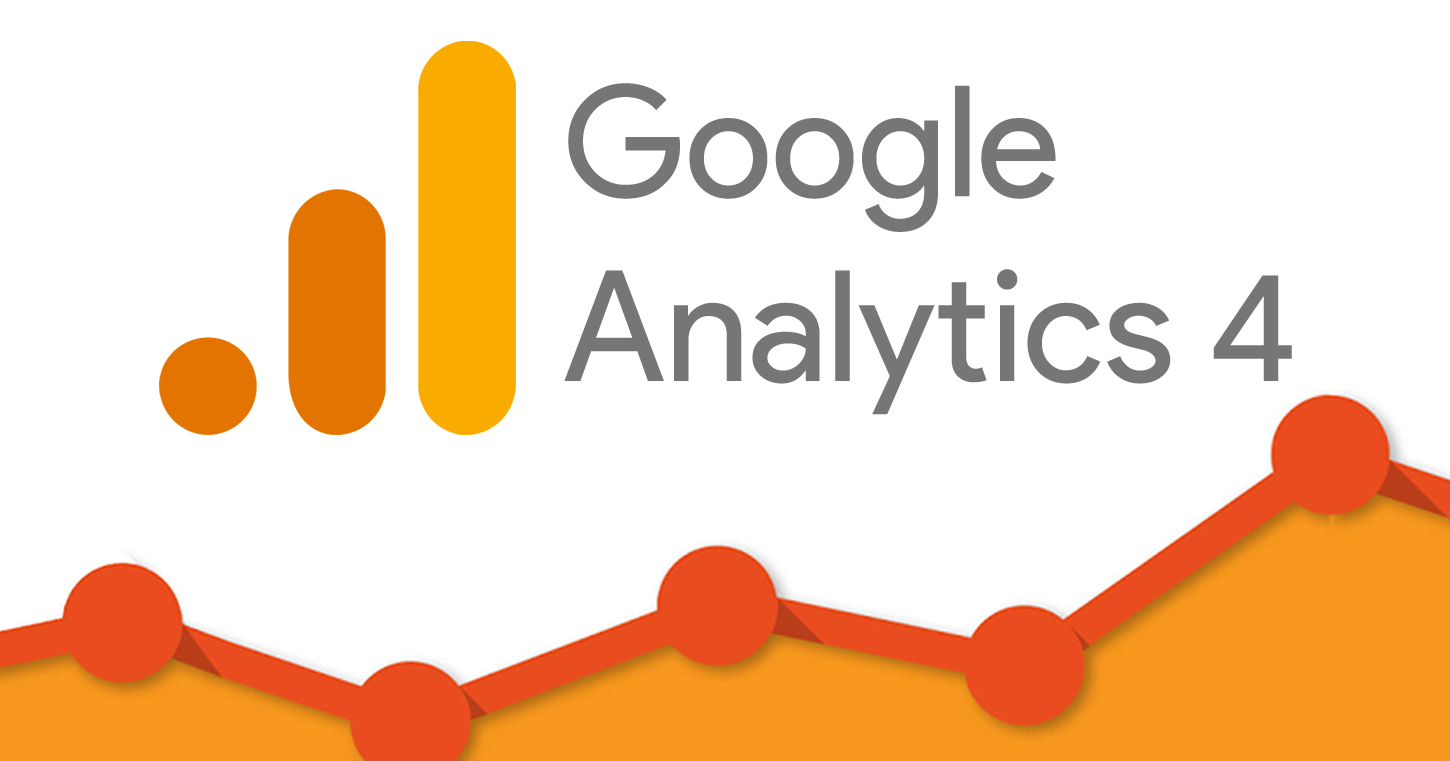Why Should You Upgrade to Google Analytics 4 (GA4)?
Google Analytics 4 (GA4) is the future of analytics. It collects event-based data from websites and applications. Experts believe it to be the biggest update in the tool’s 15-year-old history. Google has undoubtedly invested years of effort into its development. While GA4 will keep enhancing itself and evolving with time, it signifies the next generation of analytics. So, the sooner you upgrade, the more advantageous it will be.
Of course, upgrading to GA4 requires time and money. Hence, many companies may argue if the upgrade is worth it. But for those skeptical about the upgrade, here’s some insight into why they should upgrade to GA4.
On the 1st of July 2023, all standard Universal Analytics properties will stop processing new hits. It means, from July 2023, no website activity will be recorded. Besides, Google announced that users could access the existing Universal Analytics properties for around only six months after this date. Thus, all historical data could be lost for good!
Now that you fundamentally know why you should upgrade to GA4, let’s overview a few benefits that an upgrade will bring you in the long run.
Analytical Advantage
GA4’s emergence is an opportunity for you to audit the existing state of your analytics and ensure it is in sync with your strategy and objectives. GA4 requires looking at your website activity and visitors via a different lens. Rather than looking at pageviews and events, you will track every interaction as an event with related parameters. Instead of goals, you will configure conversions and set up data streams in place of views.
So, regardless of the state of your existing GA implementation, you will need to revamp the way you capture the interactions, metrics, and segments you require to be able to measure and optimize your website or digital initiatives.
Improving Tracking and Measurement
This is another significant advantage. Enhanced measurement allows you to automatically track file downloads, video interactions, outbound clicks, and scroll events through the base GA4 tag. You only have to switch on enhanced measurement from the GA4 interface. You don’t need additional tagging or coding.
Improved Engagement Tracking
GA4 replaces the notorious Bounce Rate with modern measures like Engaged Sessions and Engagement Time. It automatically tags a visitor as engaged when they spend more than ten seconds on the site, view more than one page, or do a conversion. But the engagement time is counted when the application or the webpage is in the foreground.
More and Quicker Insights
GA4 aims to become more analyst-friendly via a more efficient and powerful analysis method. The “Analysis Hub” is at the center of custom reporting. Thus, analysis in GA4 has the potential to become the most popular feature for power users.
Steps to Set Up Your GA4 Property
Here’s how to set up your GA4 property. You can also refer to the GA4 help center.
- Create a GA4 Property and Deploy Via GTM
It is the same as your Universal Analytics base tag and must fire on all the pages.
- Activate Enhanced Measurement
It includes outbound clicks, scrolls, video engagement, and site searches.
- Create Custom Event Management
Events are divided into Enhanced Measurement Events, Automatically Collected Events, Custom Events, and Recommended Events. You must remember that events sent to GA4 will automatically appear within reports. However, their associated parameters will not. You will have to configure them within the GA4 property.
- Configure Conversion Events
You can mark any event as a conversion. If the current event doesn’t capture what you intend to measure, you can create a new one from a current event and add parameters and conditions to define the scope in a better manner.
Additionally, you can set up eCommerce tracking if applicable. Remember, if you’ve been using data layers to capture eCommerce data in Universal Analytics, they will not translate automatically to GA4.
Need technical help on GA4? Connect with BrainMine. We are a leading SEO company in Pune with years of experience and updated knowledge about SEO. Please write to us at info@brainminetech.com to learn more about our search engine optimization support.


